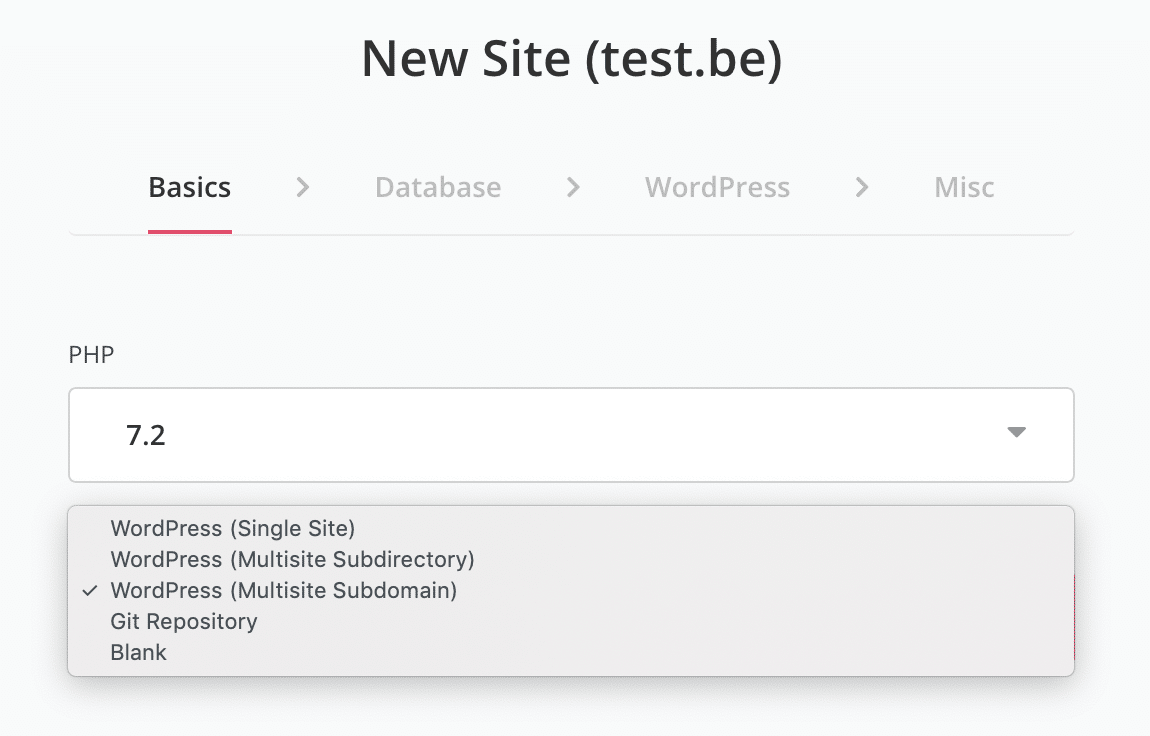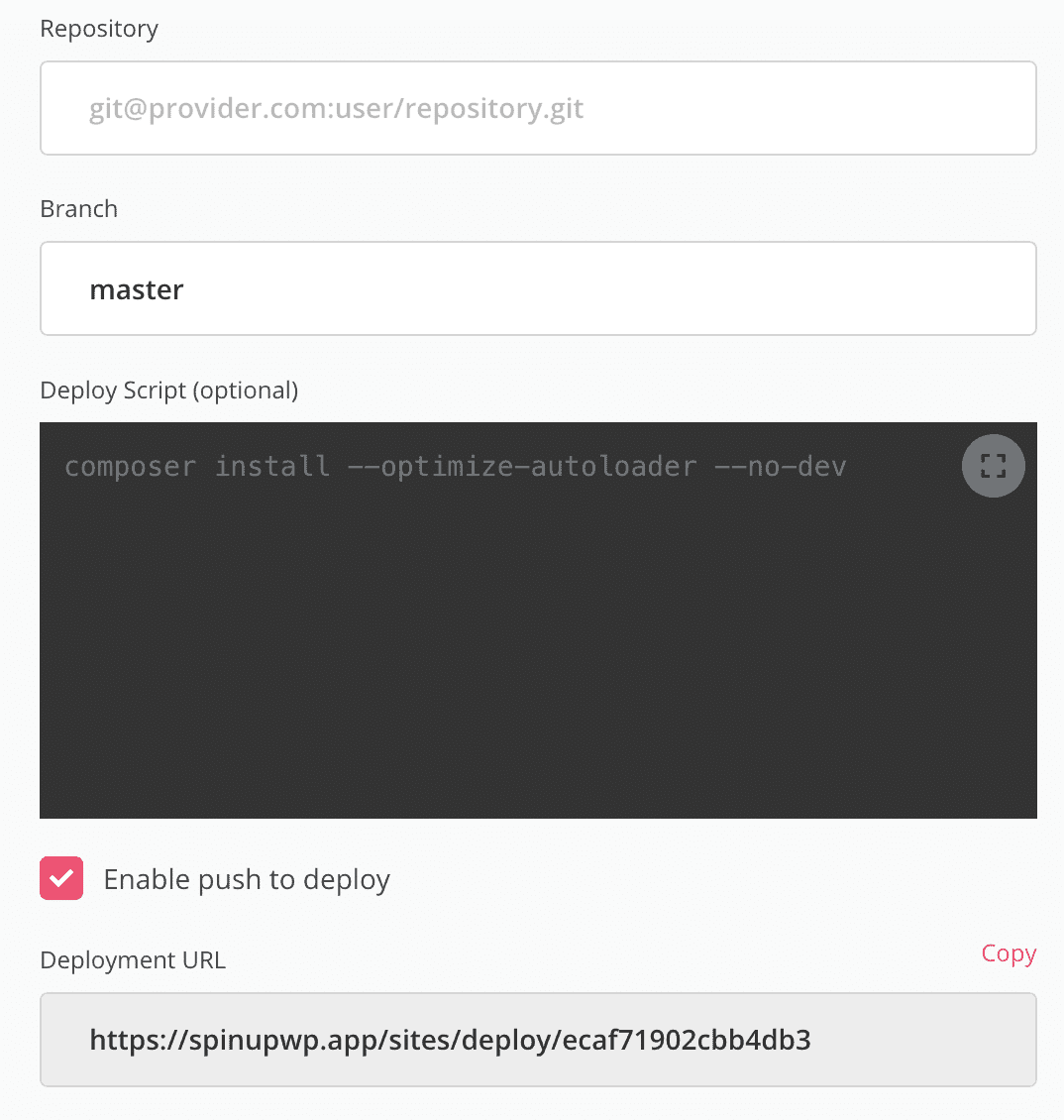Hosting a WordPress website is easy these days. Most hosting companies have it available as a one-click install, which will give you a clean WordPress install to start creating your blog/website/… .
When we, at AppSaloon, create a new WordPress website, we make use of an automated deployment and setup process. This allows us to focus on the required development and doesn’t have us worrying about putting the updated code online.
However, we are no sysadmins. Sometimes we setup up a new server to do some testing or to play around, but most of our websites are hosted at a major hosting company.
As heavy users of Delicious Brains WP Migrate DB Pro and consumers of their (more technical) blogposts, we ended up in their mailinglist of SpinupWP. Over a period of 4 years, they wrote a set of blogposts explaining how you can host WordPress yourself.
SpinupWP is a service that will connect to your server and set this server up with an ideal configuration to host multiple WordPress websites. There are already some services available that will help you setting up servers for webhosting. You can compare their feature sets with SpinupWP.
This post is not a guide on how to create new sites, but I’d like to focus on 2 features that are most interesting to WordPress Developers.
Installation ‘types’ & PHP

When you setup a webserver, you install the most recent PHP version in most cases. With SpinupWP, you’ll be able to keep all server packages updated. This will keep websites performing at their best.
You can choose the ‘flavour’ WordPress will be setup in. This can be a Single Site, which will cover the needs in most cases. But, you can also setup a Multisite install.

A type I quite like, is the Git Repository. In this type, you can link your Git repository to SpinupWP.
A few steps further down the process, you can define the Git repository and branch you would like to deploy to your server. This makes it easy to setup multiple environments for every website.
A custom deployment script helps you to automate the deployment process. For example a composer install for plugins.
Through the webhook provided by SpinupWP, you can trigger a new deployment automatically. Within minutes, the newest version of your website is available on your servers.
Next steps?
I’m going to test SpinupWP with some smaller websites or side-projects like this blog. Hopefully, they can keep this amazing tool growing and expand the feature set!
